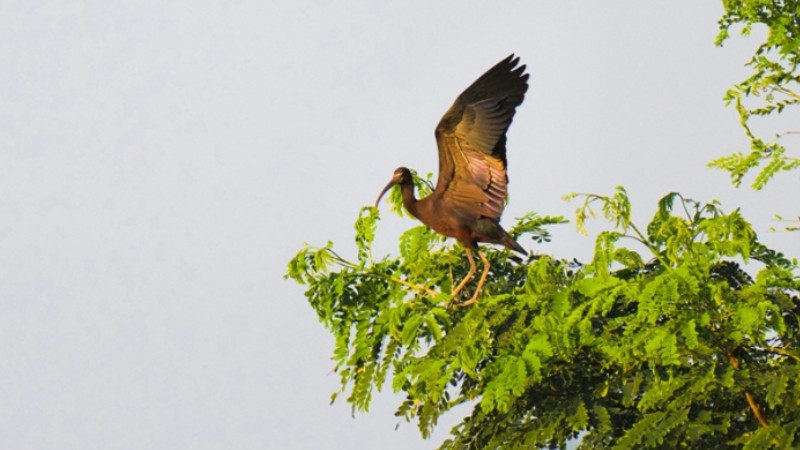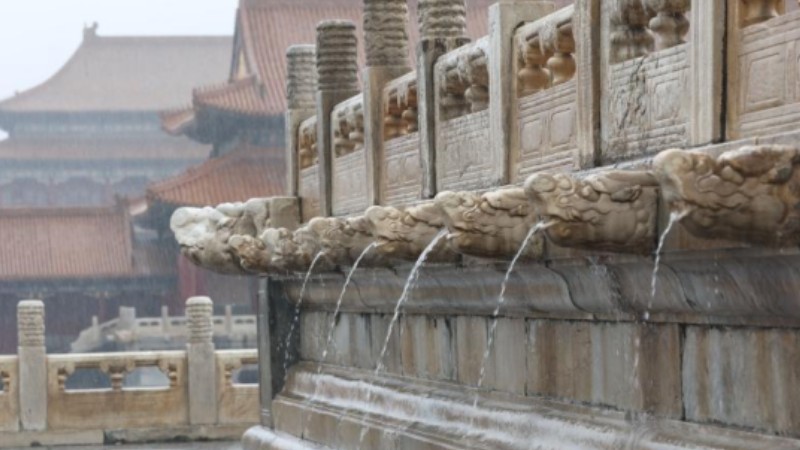Beijing and Canberra should go with the grain of their improving relations
Based on its review of "the changes in the Chinese barley market" that it started in April this year, the Commerce Ministry on Saturday lifted the anti-dumping and countervailing duties it levied on imported Australian barley from May 2020.
The Australian side immediately expressed its welcome to the move, including that by Australian Prime Minister Anthony Albanese and Foreign Minister Penny Wong. That should serve to persuade those continuing to try and sow a discord between Australia and China by reminding Canberra of the so-called "coercive" nature of the duties to save themselves the trouble of a fool's errand.
Both sides have clearly reached a tacit consensus that they should let the past be past and focus on the future together. This is undoubtedly a good re-boot for not only the resumption of trade between the two countries but also the improvement of their diplomatic relations and cooperation as a whole.
Apart from barley, after a gap of two years, Australia has begun exports of thermal coal to China on a large scale, and Australian lobster is back on Chinese dining tables already.
Since Albanese took office in May last year, Canberra and Beijing have made joint efforts to meet each other half way in addressing the damage the former Scott Morrison government did to Sino-Australian relations in a bid to reset the ties back onto the right track for healthy development.
The meeting between Albanese and the Chinese leader in Bali, Indonesia, in November last year, on the sidelines of the G20 Summit, initiated a thaw in ties and their talk pointed out the direction for the following respective endeavors of both sides to improve relations.
Notably, the Albanese government has made its stance clear that it does not support the island of Taiwan joining the Comprehensive Progressive Agreement for Trans-Pacific Partnership. That represents a big change from its predecessor on the matter and also the extending of an olive branch that Beijing has not ignored. The openness Albanese has unequivocally expressed for a visit to China is another good sign that Beijing must have taken into account.
However, although China remains consistent in its policy toward Australia, Beijing has no reasons not to remain aware of the fact that Australia exists in almost all anti-China cliques of the United States, ranging from AUKUS and the Quad to the so-called Five Eyes intelligence alliance. This is also something that does not change no matter who becomes the leader of the country.
Yet something else that has not changed is that China has been and will continue to be Australia's largest export market. Its trade volume with China exceeds its total combined trade with Japan, the Republic of Korea, India and the US.
That calls for more diplomatic wisdom, flexibility and pragmatism on the part of both Beijing and Canberra to maintain the current good momentum in ties.
Photos
Related Stories
- Australia's Queensland renews sister relationship with China's Shanghai
- China-Australia H1 trade up 16.4% amid joint efforts for improved ties
- Wang Yi calls for maintaining, consolidating current good momentum of China-Australia relations
- Australian state premier expects to boost ties with China during visit in September
- Unprecedented China-themed AFL game held in Sydney
- Deals totaling 1.5 bln USD inked between Chinese, Australian companies
- Australian wool industry boosted by demand from Chinese market: Aussie wool enterprise head
- 3 things matter in developing China-Australia relations: Chinese ambassador
- Australian authorities coordinate multinational search for capsized Chinese fishing vessel
- Australia doesn't want to decouple from China -- Trade Minister Don Farrell
Copyright © 2023 People's Daily Online. All Rights Reserved.









